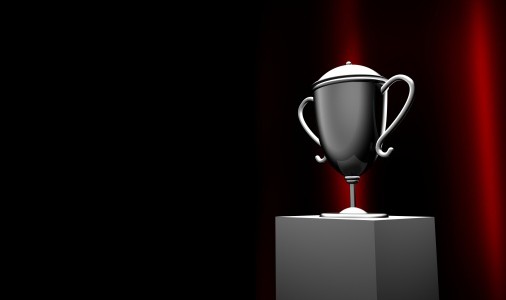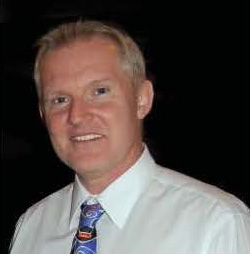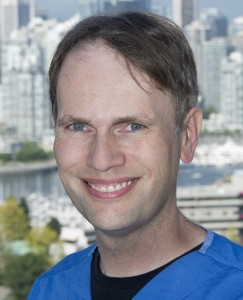Passion for pathology
For two years, Dr. Michael Nimmo had a career in law until one day he decided he needed a change.
“I thought that going into pathology would be a good fit because it combines law with medicine,” Dr. Nimmo says. “And because it gives you a lot of opportunity to do teaching and educate others.”
Years after making that decision, Dr. Nimmo was nominated by colleagues, students and alumni for the Killam Teaching Award for his exceptional commitment to teaching future pathologists.
He says he really enjoys the collaborative aspects of pathology.
“We communicate a lot with other physicians and with residents, letting them know what the diagnosis is so they can manage their patients appropriately,” he explains. “Each day, there are new cases and you’re able to help patient care through diagnoses and using that knowledge and expertise to teach others.”
Outstanding contribution to research
Dr. Nimmo, who has taught medical students and undergrads at UBC for 13 years, is one of two members of the Division of Pathology at VGH winning a prestigious Killam award.
Dr. Torsten Nielsen, a researcher and clinician-scientist at VCH, was recognized with the UBC Killam Faculty Research Prize for his innovative work in tumor biology and synovial sarcoma, a type of tumour that affects the soft tissue near joints in young people (usually from the ages of 15 to 35). Dr. Nielsen wears many hats on both the research and clinical sides, including Associate Director of UBC’s combined MD/PhD program and an associate membership in the Orthopedics and Urological Sciences departments at VCH.
“All of my different positions reflect my philosophy of trying to inform our research priorities through experiences in patient care,” Dr. Nielsen says, “and then directing our research toward what will improve patient diagnosis and treatment.”
“I get contacted by patients from around the world who are desperate to get some kind of help for their condition,” he adds later. “I think it shows that this kind of work we’re doing here, matters on a worldwide basis.”



